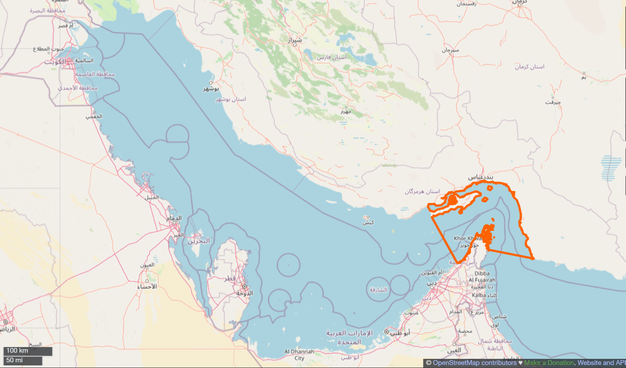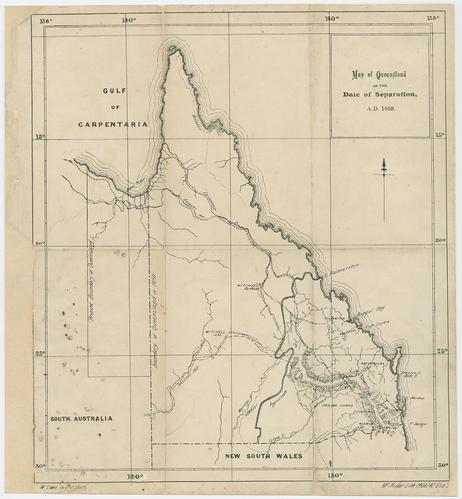"About 70 percent of all crude oil exports from the Middle East go to Asia."
"Under capitalism, envisioning a shift away from fossil fuels is more difficult by the day."
#clothing #petrochemicals #plastics #pricing #prices #trading #markets #finance #oilAndGas #oil #carbon #transition #energyTransition #Gulf #geopolitics #China #capitalism #AdamHanieh #fossilFuels
‘The green transition is a myth’: Adam Hanieh on the ongoing centrality of oil to capitalism
Many vital left-wing books about global oil politics have been published over the last decade: Mazen Labban’s Space, Oil and Capital, Timothy Mitchell’s Carbon Democracy, and Simon Pirani’s Burning Up. Perhaps none have provided quite as sweeping and synthetic of an analysis as Adam Hanieh’s Crude Capitalism: Oil, Corporate Power, and the Making of the World Market.

